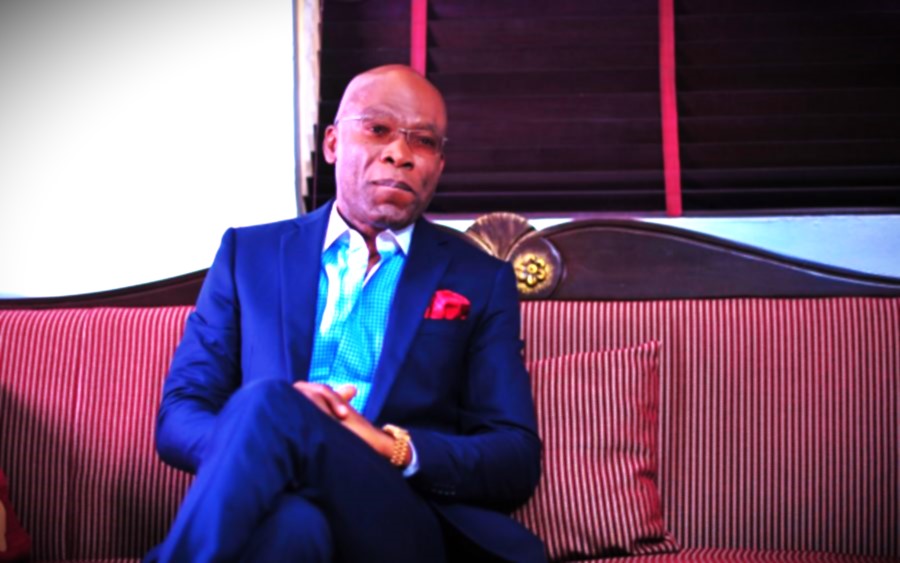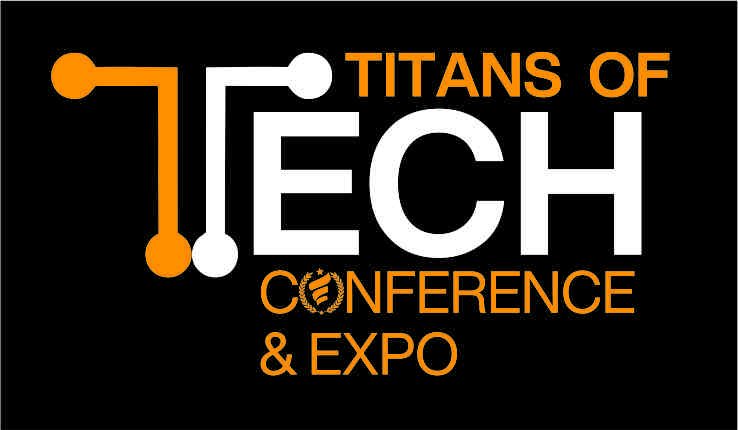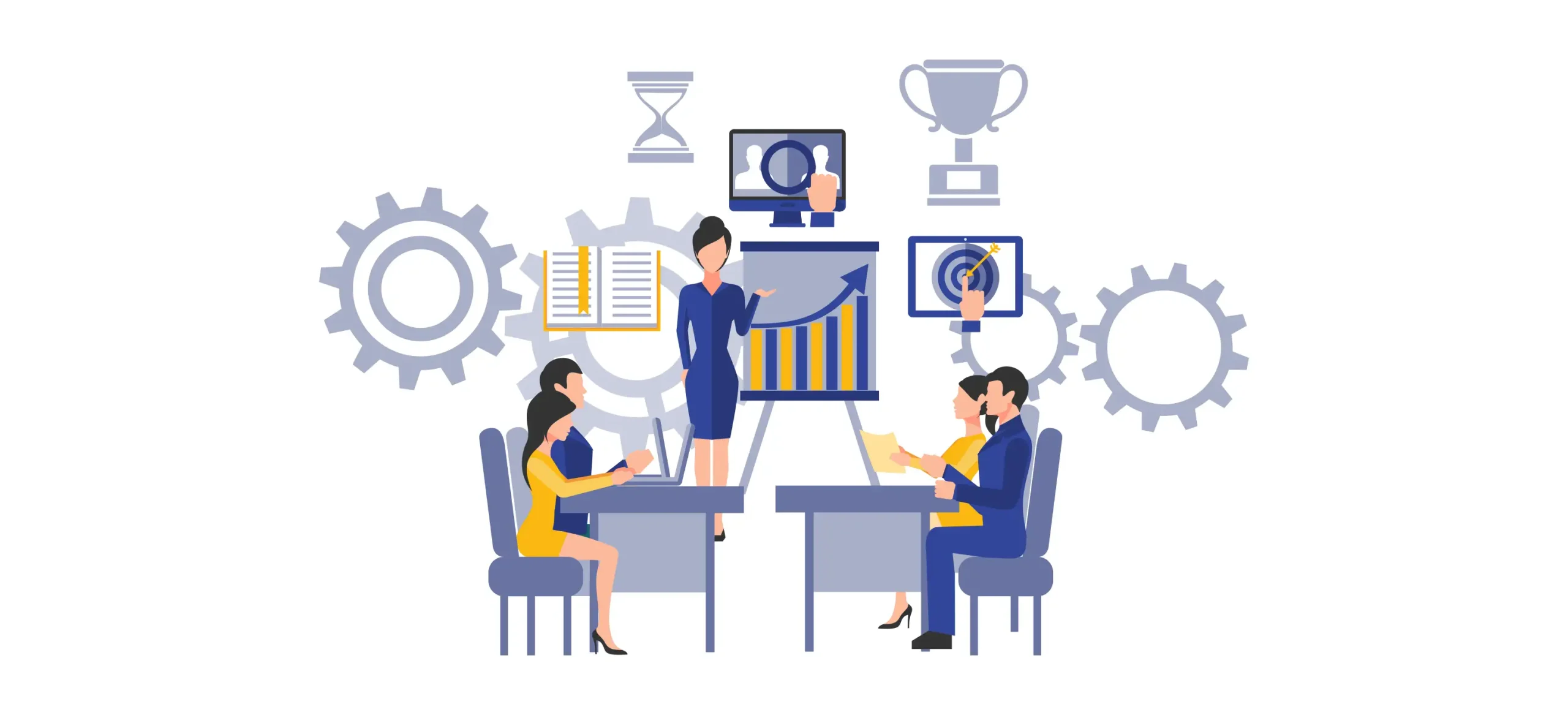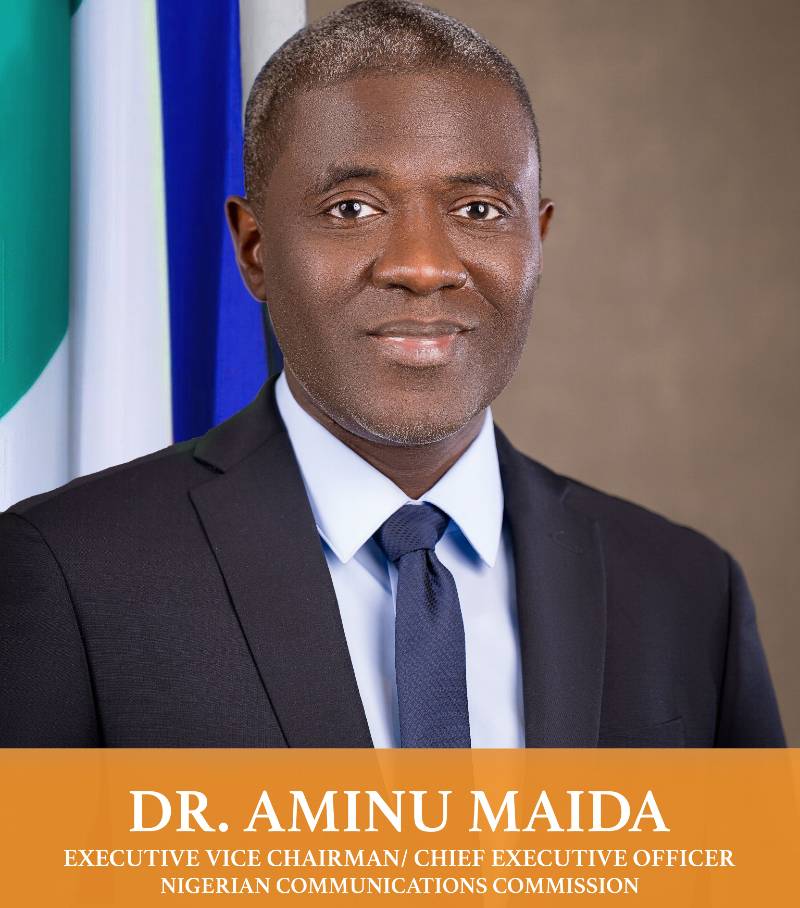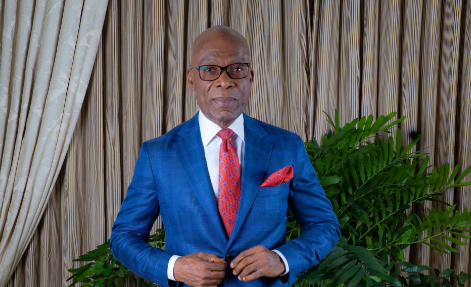1. Medicine and Surgery
Medicine and Surgery continues to top the list as Nigeria’s most competitive course. With limited quotas and a high number of applicants annually, only the best-performing candidates secure admission.
-
Expected UTME Cut-Off: 280+
-
O’Level Requirements: Credits in English Language, Mathematics, Biology, Chemistry, and Physics.
2. Law
Law attracts thousands of aspirants due to the respect, prestige, and broad career opportunities it offers in both public and private sectors.
-
Expected UTME Cut-Off: 270+
-
O’Level Requirements: Credits in English Language, Literature-in-English, Government or History, and any other related subject.
3. Pharmacy
With increasing demand in both hospital and industrial sectors, Pharmacy stands out as a popular and competitive healthcare course.
-
Expected UTME Cut-Off: 270+
-
O’Level Requirements: Credits in English Language, Mathematics, Biology, Chemistry, and Physics.
4. Nursing Science
Nursing has emerged as one of the fastest-growing fields globally. Its strong job security and international mobility make it highly attractive.
-
Expected UTME Cut-Off: 260+
-
O’Level Requirements: Credits in English Language, Biology, Chemistry, Physics, and Mathematics.
5. Accounting
A versatile course with strong job market demand, Accounting also offers a pathway to professional certifications such as ICAN and ACCA.
-
Expected UTME Cut-Off: 250+
-
O’Level Requirements: Credits in English Language, Mathematics, Economics, Financial Accounting, and one other relevant subject.
6. Computer Science
Driven by the digital economy, Computer Science remains one of the most in-demand courses in Nigeria, offering career opportunities in software development, AI, and cybersecurity.
-
Expected UTME Cut-Off: 250+
-
O’Level Requirements: Credits in English Language, Mathematics, Physics, Computer Studies, and another science or social science subject.
7. Economics
Economics is widely pursued due to its applicability across banking, public policy, and business sectors. It remains a gateway to diverse careers in Nigeria and abroad.
-
Expected UTME Cut-Off: 250+
-
O’Level Requirements: Credits in English Language, Mathematics, Economics, and two other subjects like Government, Commerce, or Geography.
Conclusion
Admission into Nigeria’s most competitive university courses in 2025 will be fierce. Aspiring students must prepare thoroughly and meet both UTME and O’Level requirements to increase their chances of securing a spot in these highly coveted programmes.







